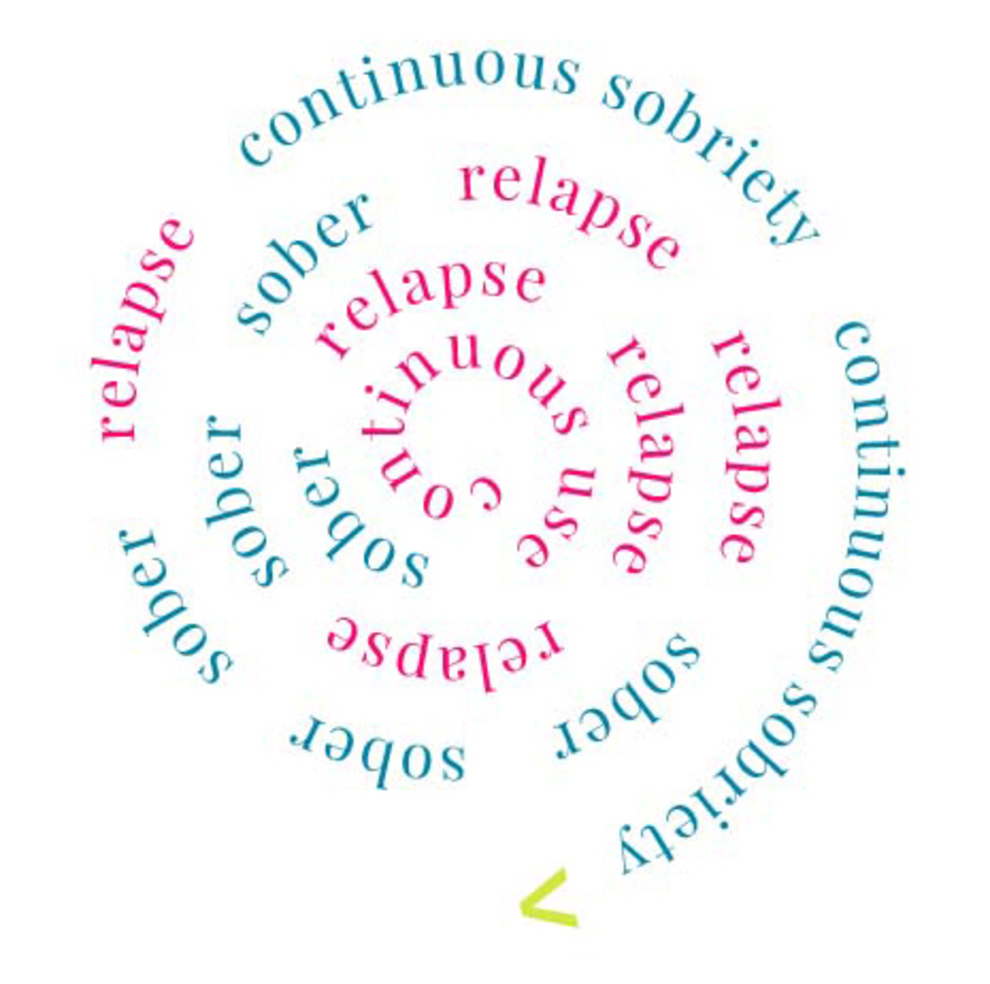[et_pb_section fb_built=”1″ _builder_version=”4.16″ global_colors_info=”{}”][et_pb_row _builder_version=”4.16″ background_size=”initial” background_position=”top_left” background_repeat=”repeat” global_colors_info=”{}”][et_pb_column type=”4_4″ _builder_version=”4.16″ custom_padding=”|||” global_colors_info=”{}” custom_padding__hover=”|||”][et_pb_text _builder_version=”4.18.0″ background_size=”initial” background_position=”top_left” background_repeat=”repeat” hover_enabled=”0″ global_colors_info=”{}” sticky_enabled=”0″]
How should this Allies in Recovery member respond to her husband? He just came out of a two week residential program for depression and substance abuse and his wife suspects he’s been drinking. She went to look in his truck and found an empty bottle. Though he denies drinking, she suspects otherwise…
This post originally appeared on our Member Site blog, where experts respond to members’ questions and concerns. To sign up for our special offer and begin the Allies in Recovery eLearning program for families, click here.
Dominique Simon-Levine explains that recovery is a process; relapse is frequently a part of that process
It’s really hard to put 30 days of abstinence together. It may not be any easier to get 60 days. The world is starkly different without alcohol or drugs on board. The urge can be deafening, even when one is getting a daily message of sobriety from a treatment program.
There are different kinds of relapse. There are relapses (some would call them lapses) that are short. The person scares themselves after one or several episodes of use and then climbs quickly back onto the beam of early recovery. There are also relapses where the episode of use (re)opens the floodgates to further use and the desire for sobriety ends for the time being.
In the graphic below, the recovery process is represented as elliptical. With each successive effort at recovery, the relapse hopefully gets less frequent and is shorter in duration.
Recovery is a process. It’s not an ON-OFF switch.
Learning Module 6, available to our members on AlliesinRecovery.net, talks about what to do when you see use. You saw use. You suspected it and you were right. The fact that your husband used is by no means the end of things. He is on a path to recovery, and therefore can no longer claim to be naïve about his addiction or naïve about the way out. The programs he is attending are educating him and providing him skills for recovery.
It’s a bumpy process. You probably felt quite a relief to see your husband get the help he so desperately needed and were shocked to find him slipping.
You know him best and your suspicions were correct. Learning Module 6 says step away, be cool and calm as best you can be. Disengage yourself perhaps by saying something like:
“Something doesn’t feel right, I’m going to skip making dinner and go to bed early and read. Perhaps we talk in the morning.”
Start by removing rewards
You don’t ask him about his drinking, so just go with what your gut is telling you. This way you avoid conflict, and you avoid putting him in the position of having to defend or deny his use – which gets both of you nowhere.
The natural consequence of his drinking may be little to none, but you created one by neutrally freezing him out. He is now alone for the rest of the evening, unsure of what is up with you. There isn’t the usual fight that occurs when he drinks. You’re leading him onto new territory and setting the stage for a different kind of communication around his using.
You’ve taken away any rewards of the evening: your company, your warmth, dinner, hanging out on the couch watching your favorite show…
It all sounds little, and it is. No explosion, no ultimatum. He drank, and as a result you withdrew. He can think about it.
Knowing what to expect and moving forward
Drinking after treatment is not uncommon, so don’t let it destroy you. You, too, need to get back on the beam and be strategic about how you react and perceive what has happened.
I am thrilled to hear your husband went to treatment and continues an intensive outpatient program. It takes time and he is in the right place. I am rooting for your husband and for you.
Yes, the family DOES have a role to play and your stance, behavior, and choices DO make a difference. Science has confirmed this. The Allies in Recovery program is based on this understanding. “Tough love” is not a successful technique. Our learning platform is set up to help family members learn the techniques that will reduce conflict, build that bridge of communication, and be effective in guiding your loved one into treatment. Together we will move your loved one towards recovery. Learn more here.
[/et_pb_text][/et_pb_column][/et_pb_row][/et_pb_section]




